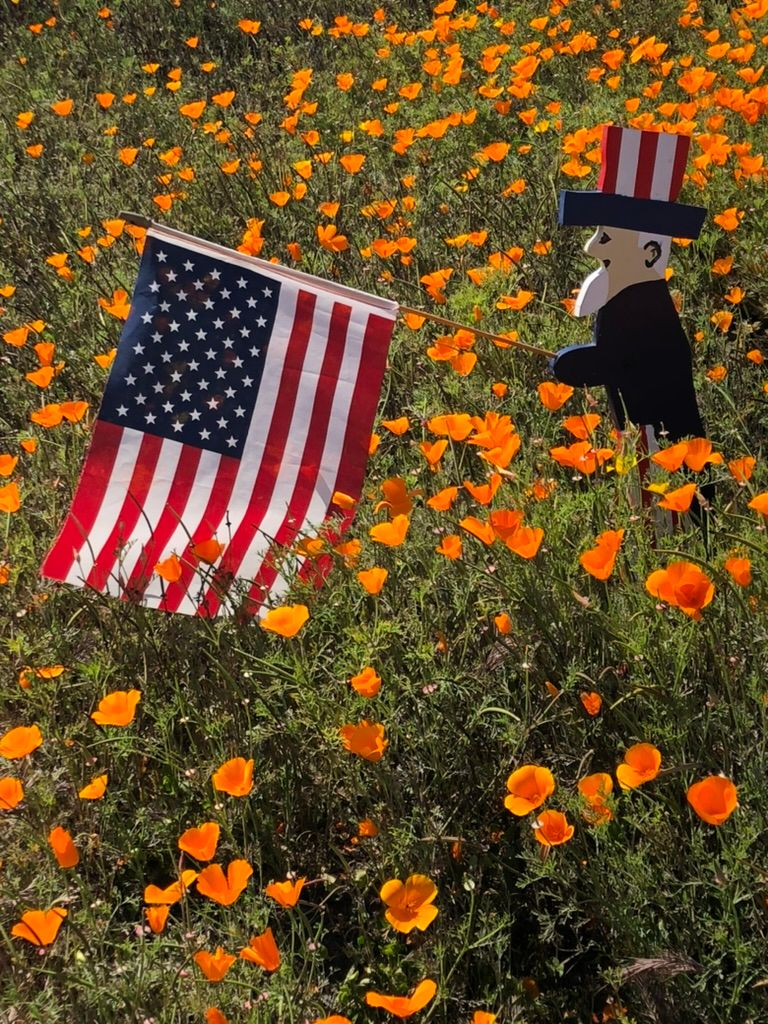Memorial Day is a time to remember those who made the ultimate sacrifice. It is also a reminder that freedom is not free and that sacrifices are inescapable to ensure its survival.
The Wall Street Journal published an article titled “Poppies for Veterans, an American Tradition” on 6/26/2023. Jason DeSena Trennert is the author, and it is a worthwhile read. He details a brief history of America’s Ms. Molina Michael’s efforts to sell poppies for financial and occupational support to disabled servicemen after World War I.
Other allies, especially the Anglophile countries, joined the effort. Their endeavors continue while America’s has faltered. By Armistice Day 1921, now Veterans Day, millions of silk poppies were made and sold by disabled veterans to help Great War veterans with housing and job finding.
Trennert is spearheading an effort to revive the poppy tradition in America. Why has the noble Remembrance Poppy tradition floundered in America but not the Anglophiles? Is it a victim of TPS?
In 1914, Germany chose Ypres (Western Belgium) for its blitzkrieg on the Western Front. Britain, aligned with its Commonwealth of Countries (former territories of the British Empire) fought alongside Canadian, French, and Belgian forces. The artillery churned the earth and also deposited nitrogen (fertilizer).
The following year, 1915, a second battle emerged causing 100,00 casualties including 700o Canadians. This battle would mark Canada’s first victory over a European country. No-man’s-land was infiltrated by red poppies amidst all this death. Lt. Col. John McCrae, a Canadian physician-soldier, wrote a poem, “In Flanders Fields,” after losing a friend. It is haunting and beautiful at the same time, and became an immediate sensation.
Also in 1914, Australia and New Zealand joined the British Empire forces and mainly fought in the Middle East. They, ANZAC, united with England in the Gallipoli Campaign. They arrived in the spring of 1915 just in time to see the poppy fields. The campaign was a total disaster but had minimal impact on the war. New Zealand sent more than 100,000 troops from a population of one million. Their casualties were 58% with 41,000 wounded (see The Tall Poppy Syndrome – The Joy of Cutting Others Down).
America’s Century began in the 1880s with the Industrial Age. Upon entering the war in 1917, the US was already a force to be reconned with. Canada, Australia, New Zealand entered the world stage as debutants so to speak. The war became a harbinger for their countries which influenced their culture, psyche, and the poppy.
America would continue to war which included World War II, Korea, Vietnam, Iraq, and Afghanistan. These later wars were less about saving America’s freedom. They were politically motivated, and poorly planned, executed, and exited. They divided the country with the military garnering the blame.
The Veterans Administration (VA) grew and subsumed most of the obligations that the poppy funds provided. Other veterans organizations such as the American Legion atrophied. The poppy wilted on the vine.
If the remembrance poppy is to grow tall again, it will take a Master Gardener and a wealth of fertilizer.
PS: If you have a WSJ account, you can read Poppies for Veterans, an American Tradition.

